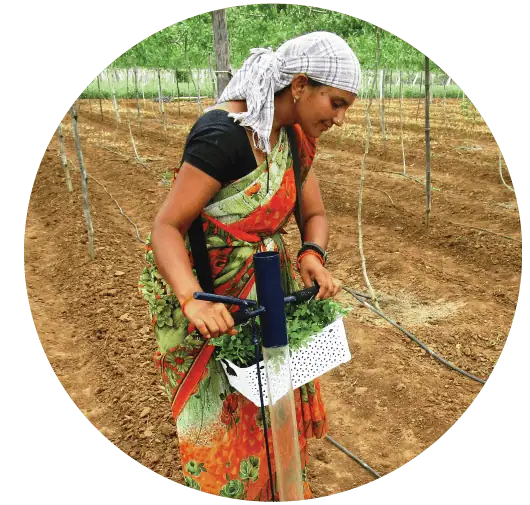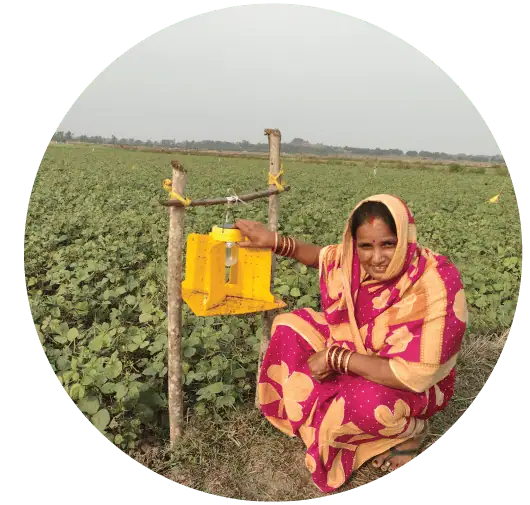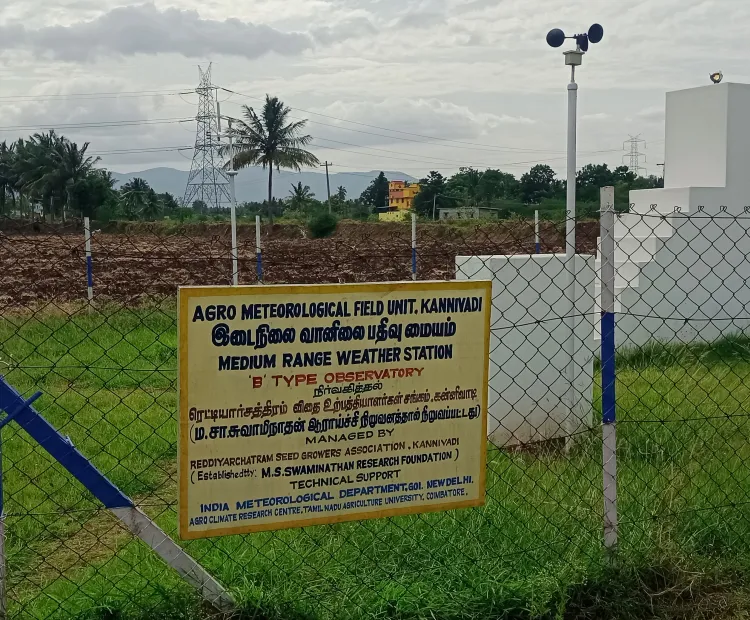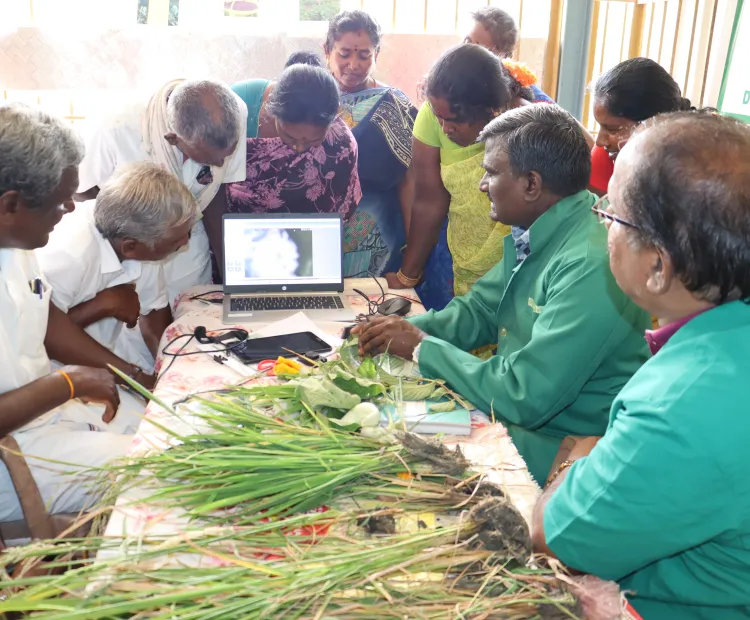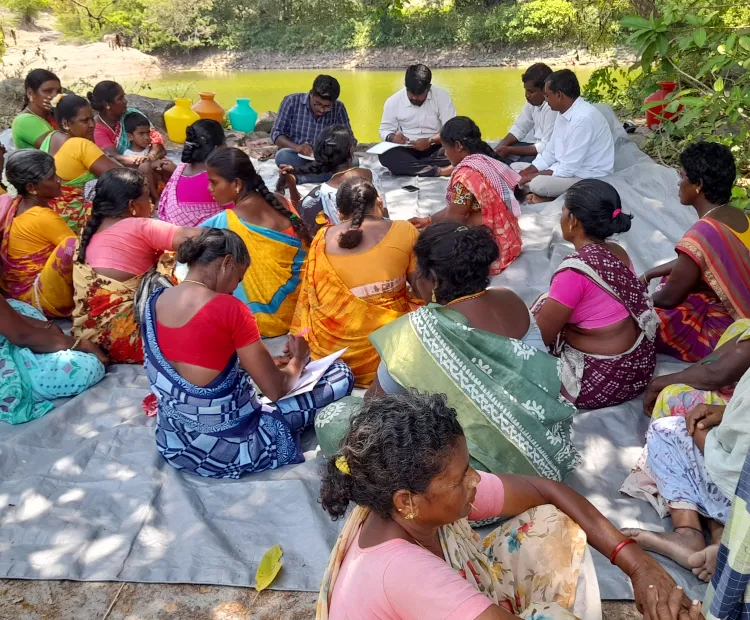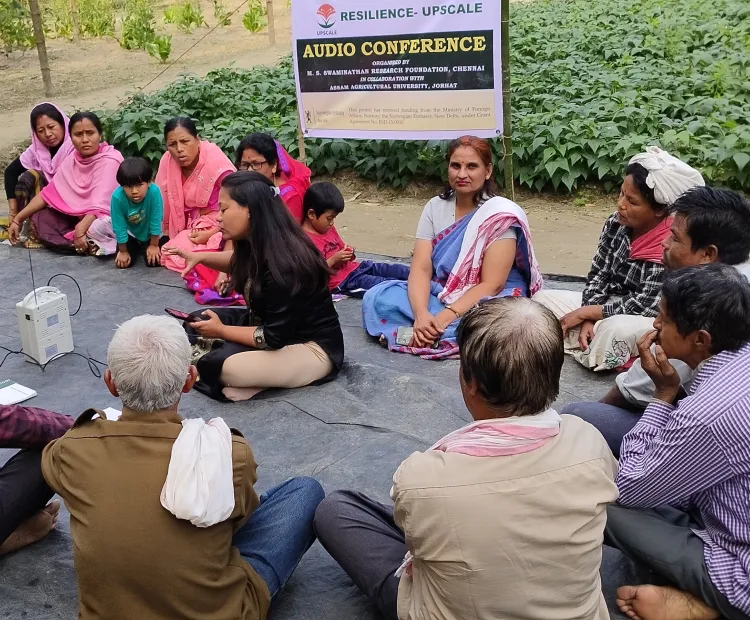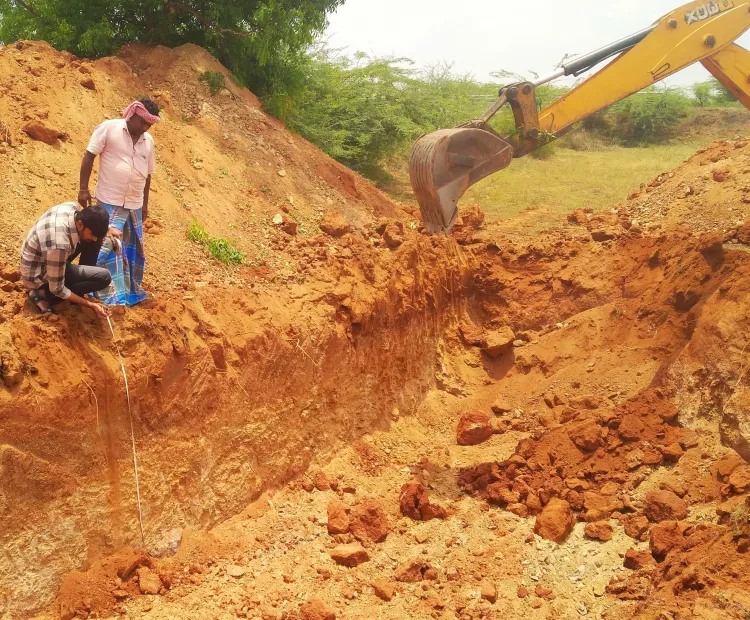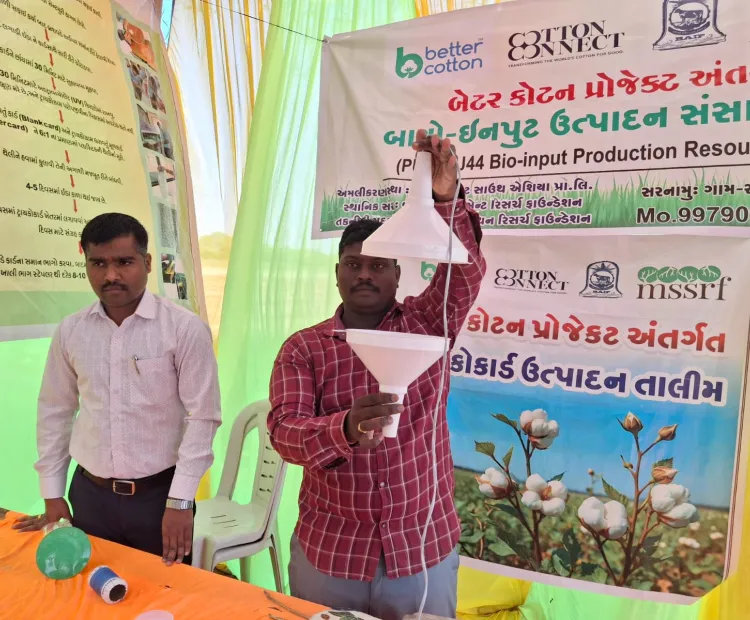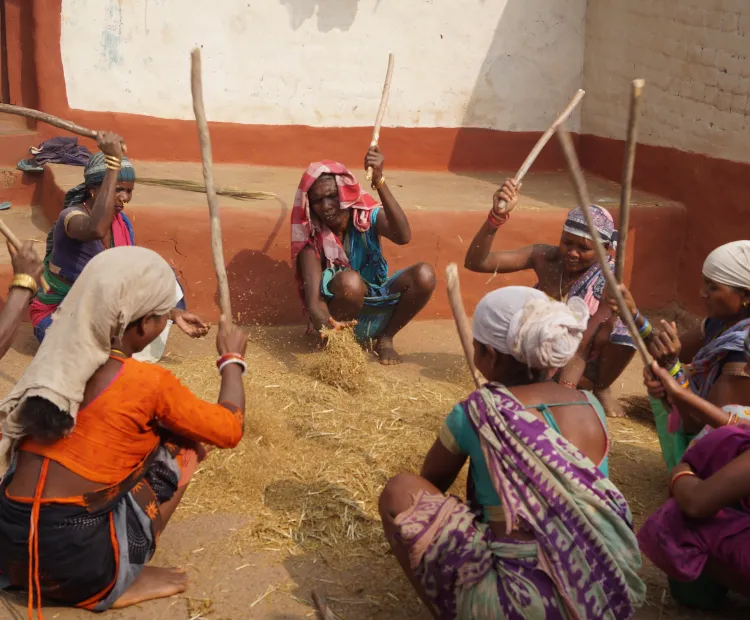Ecotechnology
Home > Our Work > Programme Areas > Cross-Cutting Themes > Technology > Ecotechnology
Ecotechnology
At the M.S. Swaminathan Research Foundation (MSSRF), the J.R.D. Tata Ecotechnology Centre pioneers sustainable rural development by blending science, technology, and society. Established in 1996, the Centre empowers smallholder farmers by promoting innovative, eco-friendly solutions rooted in ecology, economy, equity, energy, and employment. Our mission is to make smallholder agriculture competitive and sustainable through eco-technologies that strengthen food systems, enhance resilience, and empower rural communities.
Our Approach
Using a transdisciplinary, gender-responsive framework, the Ecotechnology programme develops Nature-based Solutions (NbS) that connect scientific innovation with community needs. We focus on:
Sustainable Agriculture
Climate Resilience
Biodiversity and Ecosystem Services
Livelihood Security
Our work aligns with global goals like the SDGs, National Mission on Sustainable Agriculture, and IPBES targets, while fostering partnerships with government agencies, academia, and grassroots organizations.
Focus Areas and Research Themes
Regenerative Agriculture for Resilient Livelihoods
One Health and Agroecology for Food System Transformation
Integrated Water Resource Management and Ecosystem Services
Sustainable Soil Health and Land Management
1. Regenerative Agriculture for Resilient Livelihoods
We promote regenerative farming techniques to boost productivity, biodiversity, and food safety. Key activities include:
- Developing Integrated Farming Systems for resource use efficiency
- Enhancing pollination and pest control through ecological intensification
- Restoring fallow lands and mainstreaming agroforestry
- Strengthening early warning systems with digital tools like drones, sensors, and AI-powered decision support systems
- Building inclusive value chains and smallholder collectives
Our research also explores how rural institutions, gender, and digital innovations drive agroecological transitions.
2. One Health and Agroecology for Food System Transformation
We apply One Health and agroecological principles to bridge human, animal, and ecosystem health. Our initiatives focus on:
- Identifying health risks from pesticide use and livestock systems
- Tackling food safety threats like mycotoxins
- Creating hyperlocal surveillance systems for early risk detection
- Developing sustainable solutions to ensure safe and resilient agrifood systems
3. Integrated Water Resource Management and Ecosystem Services
Healthy water systems are vital for climate-resilient farming.
Our work includes:
- Piloting Nature-based Solutions for water budgeting and management
- Promoting climate-resilient models at farm, watershed, and sub-basin levels
- Strengthening community-driven management of common resources
- Linking wetland ecosystems with agroecological practices to enhance ecosystem health.
4. Sustainable Soil Health and Land Management
Soil is the foundation of sustainable agriculture. We focus on:
- Developing easy-to-use soil health testing kits
- Increasing soil carbon sequestration through biological inputs
- Creating microbial consortia for nutrient cycling and disease resistance
- Establishing methods for soil biological indices to monitor soil health
- Promoting land management practices tailored to local ecosystems
Driving Transformation Through Innovation: MSSRF’s Ecotechnology programme blends grassroots action, cutting-edge science, and digital innovations to foster resilient livelihoods and sustainable food systems. By building capacity, promoting collective action, and advancing policy dialogues, we empower rural communities to thrive in the face of climate and societal challenges.
